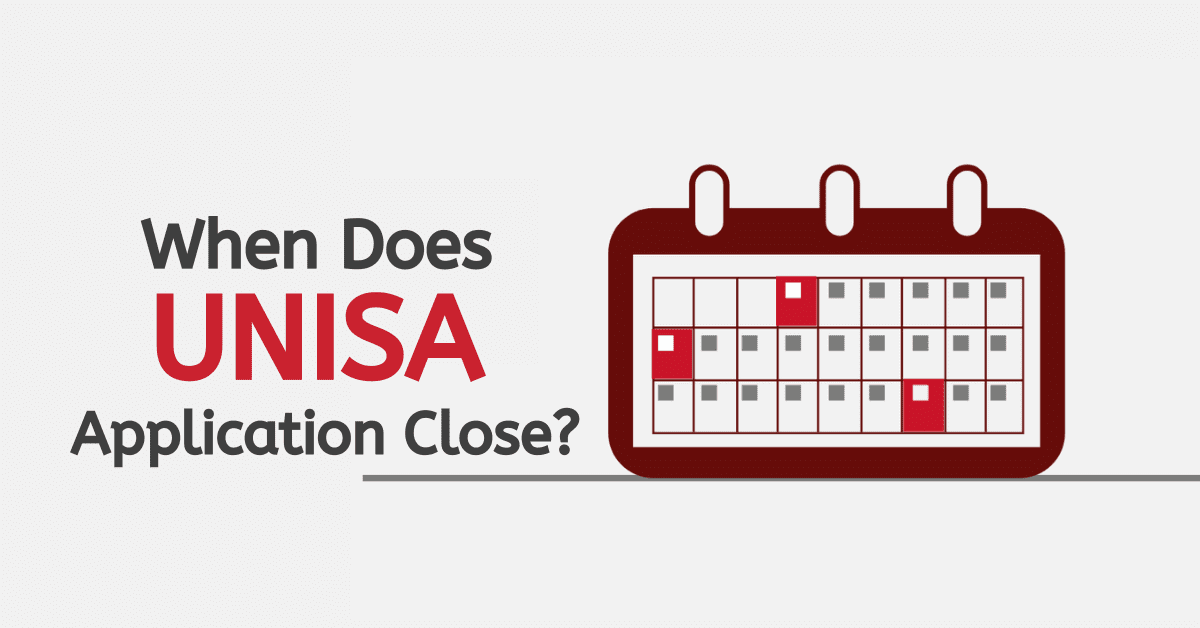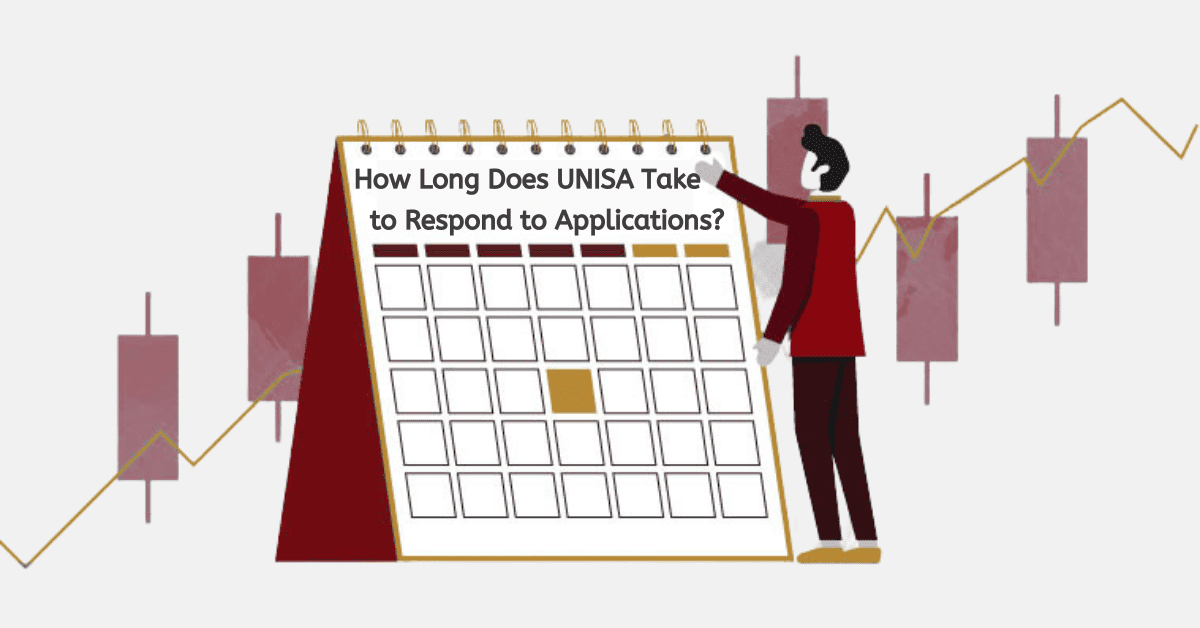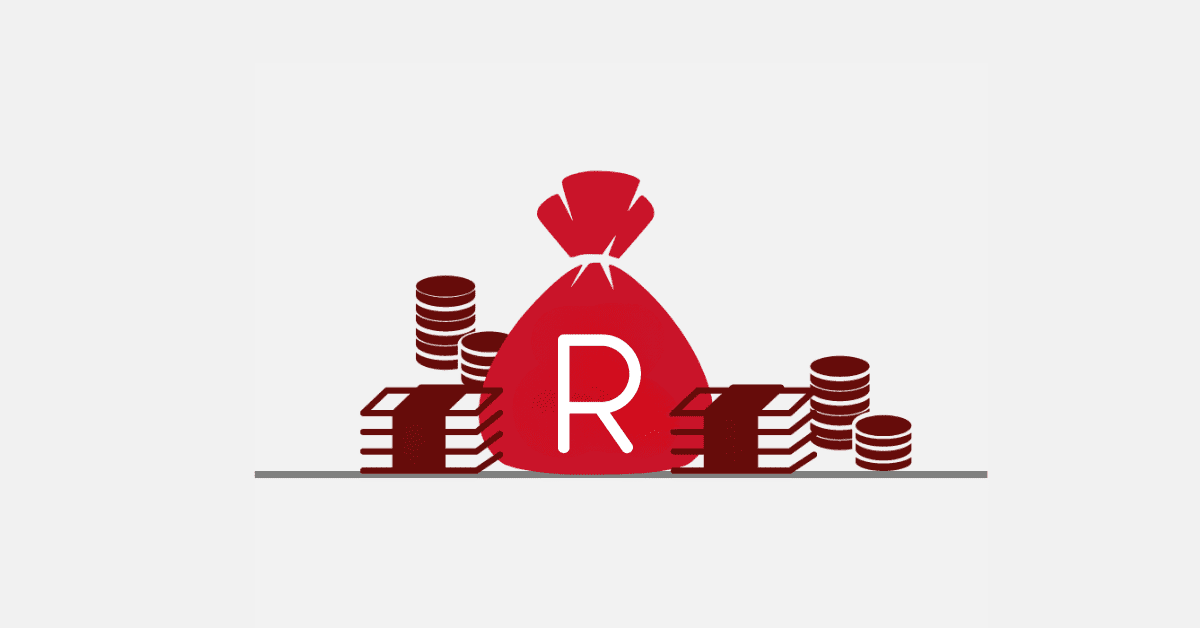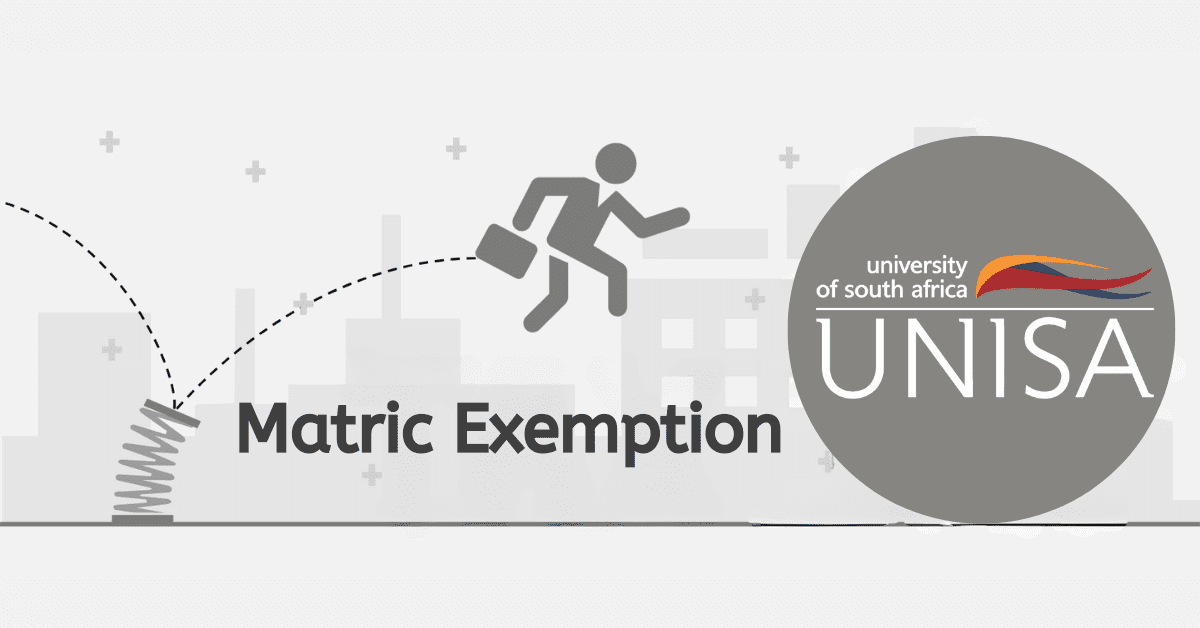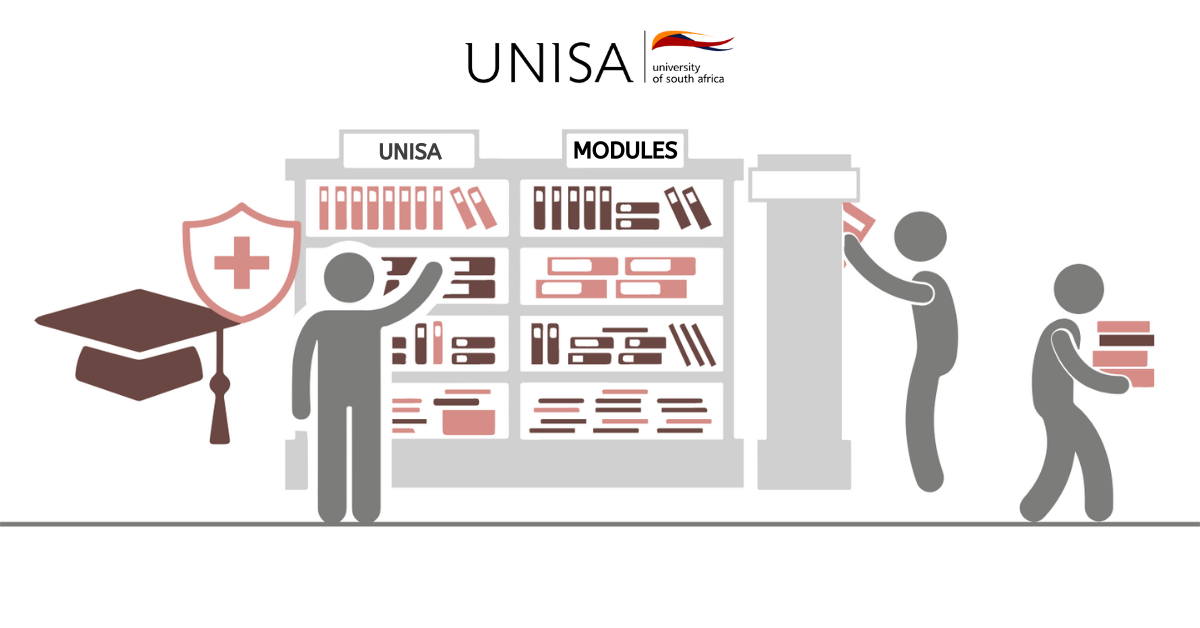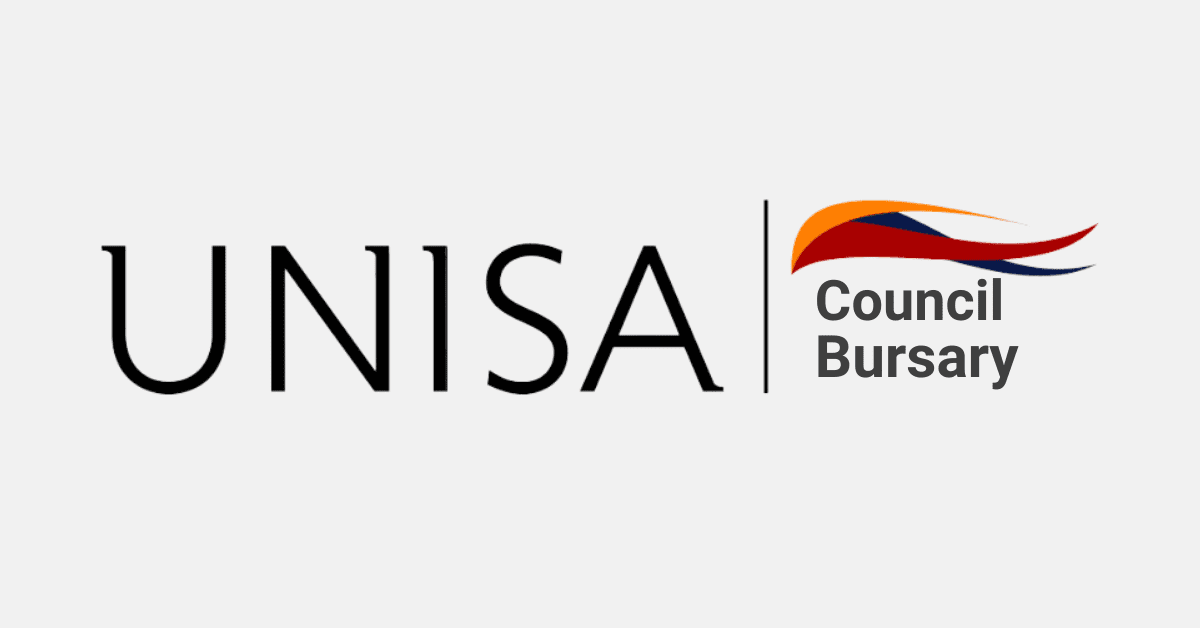The University of South Africa (UNISA) uses the credit system to determine determines students for admission. Credits are also used in determining the number of modules one can study per semester. The credits are calculated using study time per module. The article explains how Unisa calculates credits.
How Does Unisa Calculate Credits?
Credits consist of the number of notional study hours one should have to achieve the expected learning outcomes. Notional hours comprise study time, examinations, and assignments. According to Unisa’s credit rating system, 10 notional hours are equivalent to one credit.
For instance, a Higher Certificate with 120 credits has a 10 x 12 credit module. If a module consists of 12 credits, it implies that it is equivalent to 120 notional hours. Therefore, you will need about eight hours per week of study in a semester with 15 weeks.
To complete 120 credits, you need four years, whereas 240 and 360 credits require six and eight years, respectively. If you fail to complete your qualification within the expected period, you will be withdrawn from it.
How Many Credits Is a Year Module at Unisa?
To complete a particular qualification at Unisa, each student has a specific number of credits that are broken down into smaller components. An undergraduate module has 12 credits at Unisa. Each module is determined according to a certain NQF level. For example, if a bachelor’s degree has 360 credits, it has 30 modules consisting of 12 credits each.
Each student must register a certain number of modules per year. Average students usually register between four and six modules per year. If one registers six modules, it means 72 credits during that year (6 modules x 12 = 72 credits).
How Much Is One Credit?
The cost of studying at Unisa depends on the qualification and the number of modules you pursue at a certain time. Compared to other tertiary institutions in South Africa, Unisa offers generally lower study fees.
Average students usually register between four and six modules per year at a cost that ranges from R1 815.00 to R7 550.00. The module costs exclude prescribed books and are subject to change. Since a module consists of 12 credits, you need to factor in all costs involved to calculate the cost of one credit.
When you choose your modules, it is vital to assess the total cost of your studies before registration. The amount of funding you can get can significantly affect the number of modules you can register for. The total fees you pay at Unisa depend on your chosen qualification, the number of modules, registration fees, money for additional study materials, and miscellaneous fees. Therefore, you need to pick the modules you can afford to pay for.
What Are the Minimum Credits for a Bachelor’s Degree?
Each Unisa qualification is designed so that each student must pass a specific number of modules within a given amount of time to graduate. You need to achieve the minimum number of credits per year to be able to re-register and continue with your qualification.
For instance, in your first year of study, you will be expected to complete three modules of 12 credits each or 36 NQF credits. In your second year, you must have at least 48 NQF credits or four modules comprising 12 credits each.
A bachelor’s degree also has the following requirements:
- Between eight and 10 modules comprising 12 credits each at NQF level 5
- Between 10 and 12 modules consisting of 12 credits each at NQF level 6
- 10 modules with 12 credits at NQF 7
- An additional 10 modules at NQF level 7 for a four-year qualification
The next level precedes the lower level, so you must pass the module at the lower level before registering for the next one in the same category. You must complete the number of credits before you are awarded your qualification. All modules must be completed according to the required NQF level.
Another vital aspect you should know is that Unisa does not allow students to register for modules or credits per semester, which are more than the allowed maximum. Whether you can afford it or you are confident that you can pass your modules, you must stick to the regulations.
The maximum number of credits excludes supplementary or aegrotat exams, which you failed in the previous semester. However, if you take modules for non-diploma or non-degree purposes, they will be included in the number of maximum credits allowed per individual. Check the regulations before you register your modules.
How Many Modules Are 60 Credits?
Each module is equivalent to 12 credits, according to Unisa’s credit system. Therefore, 60 credits will give you five modules. 60 credits are the maximum number of credits per semester, and 120 credits are the allowed maximum number of credits per academic year.
In short, each student is expected to complete 60 credits or less per semester. When choosing modules, you must consider your available time since it can impact your academic performance. You will need about eight hours of weekly study to complete your qualification without challenges. If you have other commitments, it is a good idea to focus on the minimum required modules per semester instead of giving yourself unnecessary pressure.
Unisa uses the credit to determine the number of modules one can register for per semester. Each student should not exceed the maximum number of credits per semester when registering. More importantly, all students must pass a certain number of credits in their respective qualifications to graduate. When choosing modules, remember to consider the available time you have.

